Explore a variety of brand new courses in French, Spanish, Italian, and Romance Studies at UBC, which will be offered during 2021 Winter Terms 1 and 2.


Term: Winter Term 1
Language of Instruction: English
Italy is world-renowned for its food cultures and Italians put great care into food preparation, consumption, and appreciation. Examine representations of Italian or Italian-derived foodways and the role they play in articulating larger issues concerning contemporary Italy, including regionalism, anti-globalization, family history, gender and sexual identities, Italian American food, tourism in Italy, and immigration to Italy. This course is taught in English and has no prerequisites.
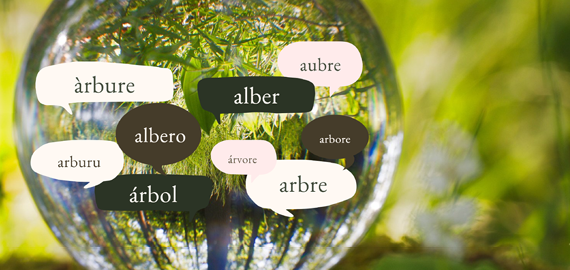

Term: Winter Term 2
Language of Instruction: English
An introduction to the historical description and linguistic comparison of Romance languages, from the variants of late-Antiquity spoken Latin to the modern varieties of Romance languages. Gain an understanding of how these languages have spread to constitute one of the most prevalent linguistic families in the world by number of speakers and geographic area. This course is taught in English.
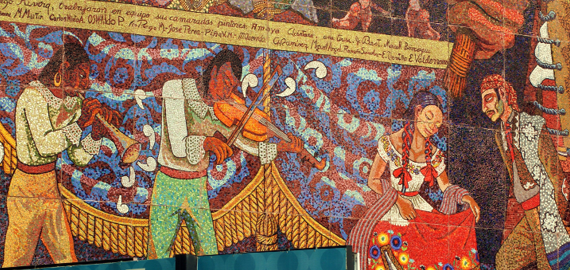

Term: Winter Term 2
Language of Instruction: Spanish
Much of today’s modern drama, from Broadway musicals to intellectual farces, descends from an extremely rich Hispanic theatrical and performance tradition. Study the trajectory of Hispanic dramatic literature and performance—from indigenous rituals and dances, medieval mystery plays, Golden Age comedias, to revolutionary dramas denouncing colonial, dictatorial violence and oppressive politics of gender, sexuality and race up to the present day.


Term: Winter Term 1 & Term 2
Language of Instruction: French
A reading-focused course that will introduce you to four different literary genres in French: prose fiction, non-fiction, poetry, and theater. Learn how to consider literary texts critically, how to observe the particularities of their form and content, and how to communicate these observations persuasively. This course aims to equip you with the tools and concepts necessary to pursue your studies of literature with confidence and to adapt to the specific requirements and expectations of more advanced classes in the department.


Term: Winter Term 1 & Term 2
Language of Instruction: French
Practical tools for university-level writing in French. Apply stylistic devices and rhetorical structures to form questions and arguments, analyze literary and cultural objects, and produce a variety of essay genres.
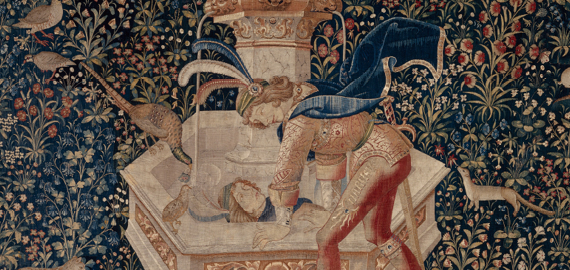

Term: Winter Term 1
Language of Instruction: French
An introduction to literature and culture from the Middle Ages until the Revolution. Explore how most of the literary and philosophical texts of the European tradition emphasize the link between gaze, vision and knowledge, while making use of recurring mythical or biblical references with regard to vanity, pride and/or knowledge of self. This course will focus on texts that invite readers to detect an allegorical or moralizing message, while contemplating themselves in the textual mirror that is before them.
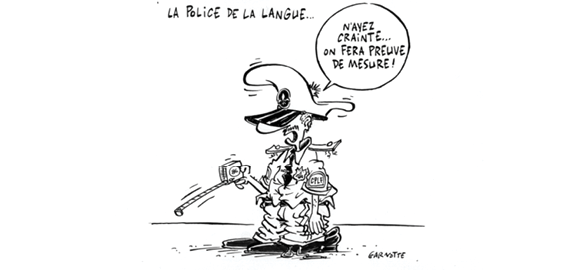

Term: Winter Term 1
Language of Instruction: French
Principles of grammar theory and contextualized French grammatical concepts. Emphasis on terminology and analysis of grammatical issues.
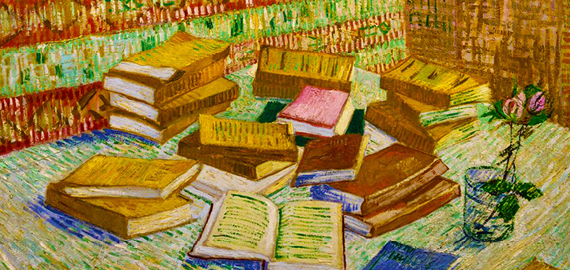

Term: Winter Term 1
Language of Instruction: French
Explore how the French novel's plentiful reincarnations from the 19th century to today challenge aesthetic and ideological expectations. Topics covered in our advanced literature course include: engagement, narratology (realism, Nouveau Roman, autofiction, etc.), cultural critique, the collective imaginary, the seepage between life and arts, third-wave feminism, and so forth.


Term: Winter Term 2
Language of Instruction: French
An introduction to Francophone communities that are often less visible or have been traditionally marginalized in the academic curriculum. Explore the inherent ambivalence of La Francophonie – a political institution that connotes not only diversity but also colonial history – in order to encourage critical reflection on the role of French and France in a global context. Geographically this may include communities from Africa, the Americas, East Asia, Europe, the Indian Ocean, the Middle East, and the Pacific.
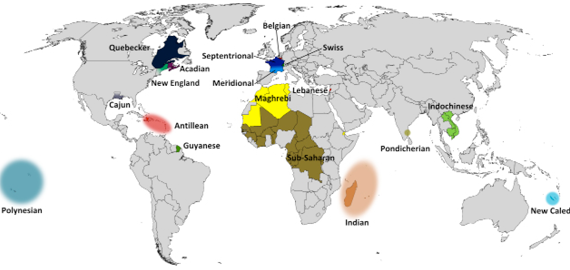

Term: Winter Term 2
Language of Instruction: French
An introduction to sociolinguistics, with a focus on French-speaking societies. Analyze, understand and discuss the links between language and society through an understanding of key terminology, sociolinguistic theories, fundamental concepts and research methods.


